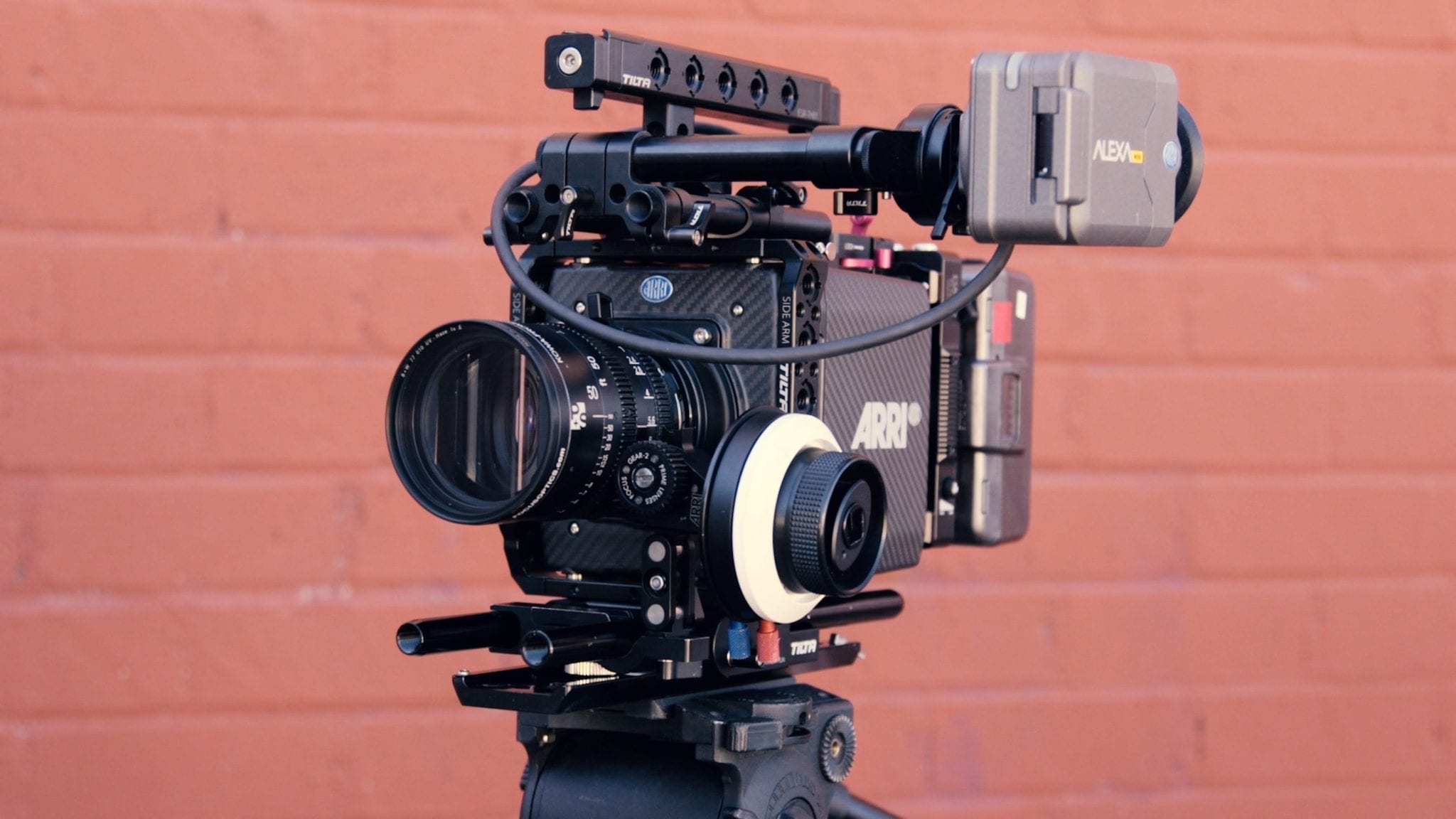Michigan Supreme Court Won’t Hear Appeal in Weekley Case
Detroit police officer, Joseph “Brain” Weekley, a member of the city’s elite SWAT team, shot a seven-year-old girl to death during a raid on May 16, 2010. The child, Aiyana Stanley-Jones, was shot in the head while asleep on a sofa. Weekley was the first officer to enter the home, searching for murder suspect, Chauncy Owens.
The police raid was being filmed for the A&E documentary show “The First 48,” which follows homicide investigators during the first 48 hours after a crime occurs. Witnesses at the scene say officers burst into the home, shooting. But, Weekley has insisted his weapon accidentally fired during a struggle with Stanley-Jones’ grandmother, Mertilla Jones, after he was already inside the home. Weekley stated afterward, “A woman inside grabbed my gun. It fired. The bullet hit a child.”
Mertilla Jones was taken into custody and administered tests for gunpowder and drugs but was cleared after being held overnight. She said she reached for her granddaughter when a grenade came through the window and set the child on fire, not for the Weekley’s gun. She testified she made no contact with the officer at all.

The family retained attorney Geoffrey Fieger who argued the police fired the shot that struck Aiyana from outside the home. He said video footage could prove it. However, after an exhaustive attempt by the department to get a copy of the video, Fieger said he didn’t have it, and Michigan State Police Detective Tawana Powell testified it didn’t exist. Owens, the murder suspect, who was the boyfriend of Aiyana’s aunt, was found in the upper floor of the duplex and surrendered without incident.
Many have claimed the officers were more concerned about how they would be portrayed on the television show than safely apprehending the perpetrator, and after the tragedy, Detroit Mayor Dave Bing banned film crews from going out with police. Rev. Al Sharpton delivered the eulogy at Stanley-Jones’ funeral and her case drew attention from civil rights groups nationwide.
Allison Howard, a videographer and photographer with A&E, was indicted on obstruction of justice and perjury for allegedly “copying, showing or giving video footage that she shot of the raid to third parties.” Federal prosecutors claimed she provided false testimony to investigators about the shooting and lied to the police in an effort to blame Jones’ family for the child’s death. In June 2013, Howard pleaded “no contest” to an obstruction of justice charge, and the perjury charge was dismissed. She was sentenced to two years of probation and was fined $2,000.
Weekley was initially charged with involuntary manslaughter. A mistrial was declared in June of 2013 when a jury failed to reach a consensus. The manslaughter charge was then dismissed by a judge the following year, leaving only a misdemeanor count of careless discharge causing injury or death. A second mistrial was declared October 2014 again due to a deadlocked jury. At that time, Wayne County Prosecutor Kym Worthy said the case would not move ahead.
This month, the Michigan Supreme Court declined to hear an appeal, and now two courts have said a jury must decide whether Weekley’s actions constitute gross negligence. Now, either a new trial will be set or a settlement will be negotiated.
Sources:
Detroit Cop Loses Appeal Over Suit In Death Of 7-Year-Old Aiyana Jones


Join the conversation!